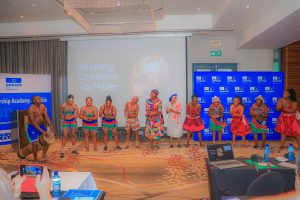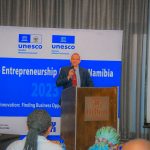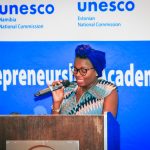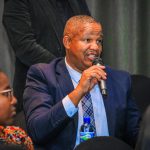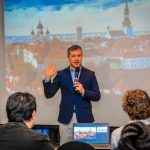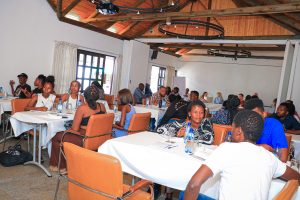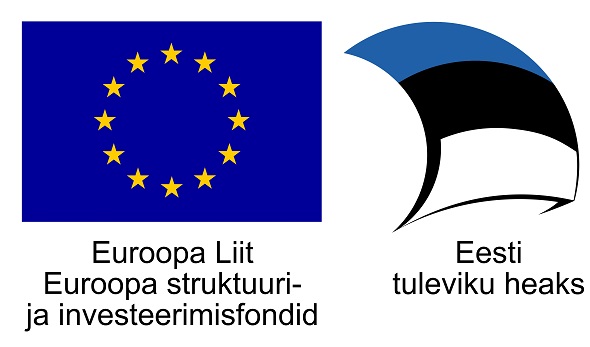Namibia Values and Develops Its Cultural Heritage
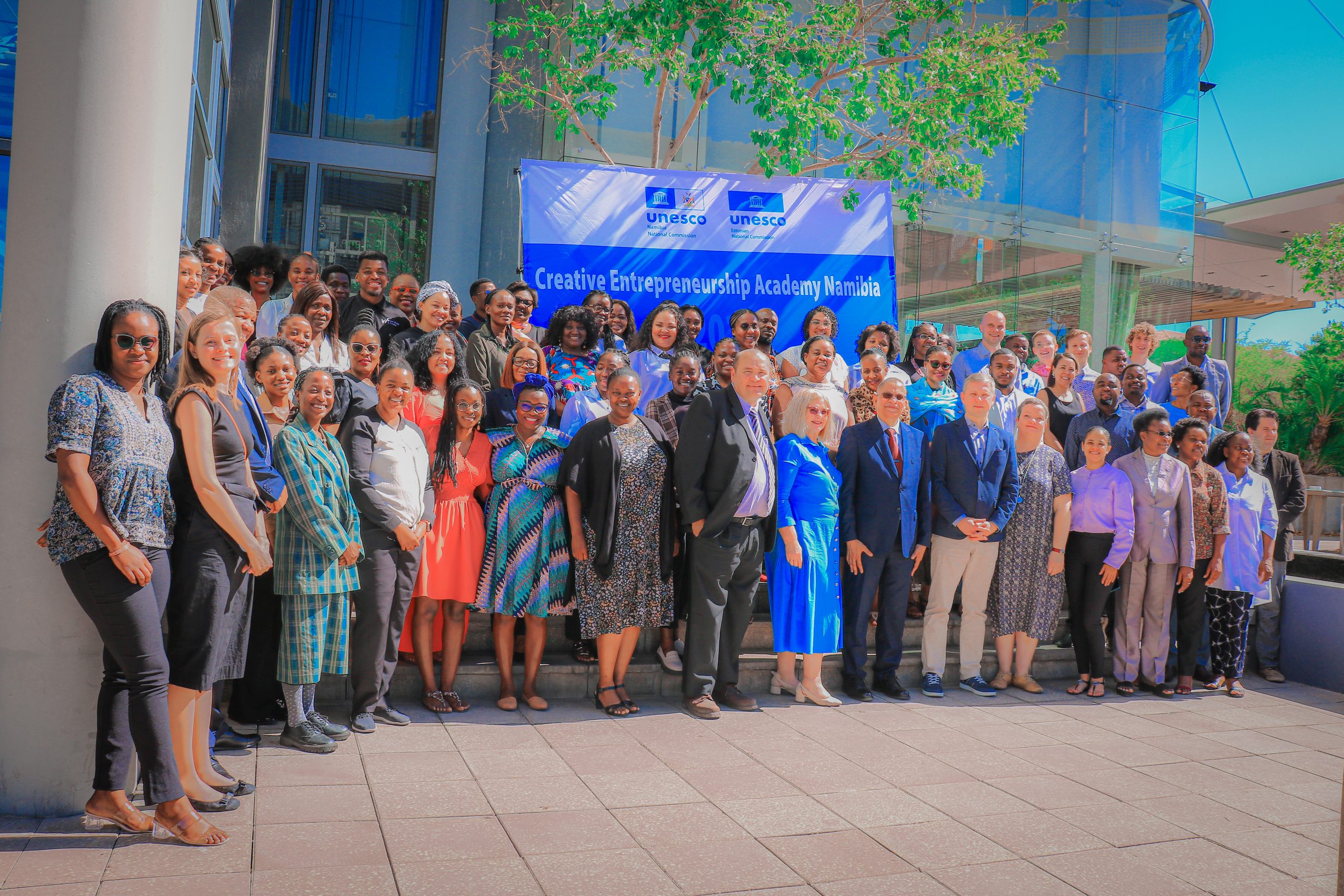
A gust of hot air and an empty airport from planes – this is how the Namibian capital Windhoek welcomed the Estonian delegation. Exciting days awaited in an initially unfamiliar environment.
Namibia’s cultural heritage is a mosaic of traditions, languages, and customs that reflects the diverse history of the country and its indigenous peoples’ heritage. Exploring these cultural aspects can provide a deeper understanding of the nation’s identity and its rich traditions.
In recent decades, Namibia has come to realize that culture and the creative economy help create jobs and impact citizens’ well-being, gross domestic product, foreign investments, and more.
From October 30 to November 1, 2023, Creative Estonia, in collaboration with UNESCO Estonia and Namibia’s national commissions, organized a Creative Economy Academy in Windhoek on the preservation and digitalization of cultural heritage.
The academy consisted of a high-level conference aimed at local policymakers, heritage custodians, and developers, as well as a hackathon for young entrepreneurs to support sustainable development through the promotion of cultural heritage-based creative entrepreneurship.
At the conference titled “Creative Entrepreneurship Academy Namibia 2023: Heritage & Innovation: Finding Business Opportunities in our Cultural Roots,” Estonian representatives, including Ragnar Siil from CreativityLab, Juko-Mart Kõlar and Ave Matsin from the Viljandi Culture Academy, inspirational speaker Harald Lepisk (inspiratsioon.ee), and moderator and business trainer Toomas Roolaid, shared their creativity and knowledge. Local insights into the cultural landscape were provided by Gerard Vries, Deputy Director of the Ministry of Education, Arts and Culture, Manfred !Gaeb, Deputy Director of the Creative Economy Division of the same ministry, and Boyson Ngondo, Executive Director of National Heritage and Culture Programs. Joel K Haikali, whose film “Invisibles Kaunapawa” was nominated for an Oscar in 2021, delivered a fascinating presentation on entrepreneurship in the film industry.
(More photos HERE)
It must be acknowledged that the conference participants were genuinely interested in the presentations and showed it outwardly. When agreement was reached on a point, it was expressed aloud. It was also very pleasant that the audience responded unanimously with a “Good morning” to the speaker’s greeting. The invitation to meet with the leadership of the University of Namibia, the largest university in Namibia, demonstrated that our experience in that region is interesting and valuable.
Juko Mart Kõlar: “I was very impressed by the sincere interest of the participants in the topics we presented – after each presentation, several people came to discuss substantive issues, and ask for materials and contacts, which led to an official meeting with the University of Namibia on the third day. There, Namibia expressed specific interest in continuing and developing collaboration. This may open up very exciting perspectives in the coming years, both for the University of Tartu’s Viljandi Culture Academy – as the topics were heritage and creative entrepreneurship – and for a wider circle of partners involved in promoting the creative economy and creative entrepreneurship.”
“Estonia and Namibia may seem very different at first glance, but all our meetings confirm that there is a great interest in Namibia to learn from our experiences. Especially in areas related to the digital society, cultural management, heritage technologies, and entrepreneurship. Adding potential collaboration between universities in creating modern curricula, there is a real opportunity for long-term and effective cooperation,” commented Ragnar Siil.
The two-day hackathon, “Hack the Heritage,” in which young participants learned about product development, entrepreneurship, circular economy, and digital technologies, was a success. Participants were engaged throughout, absorbing advice from trainers on the fly.
A total of 7 business ideas were developed, and after pitching, 3 teams were selected to continue working with our mentors in online individual follow-up mentorship sessions. With mentor support, the teams will further develop ideas based on augmented reality, an app that helps introduce and preserve heritage stories, a team planning to grow local medicinal plants using hydroponic and water-saving technology, and an idea for producing weather-alleviating and design-inspired garments inspired by traditional patterns.
Harald Lepisk: “Namibian people are already entrepreneurial, some out of necessity, others by choice. We encouraged them towards entrepreneurship with higher added value and opened their eyes to how life and services could run much more smoothly through smart digitization. I was positively surprised by how interested and involved the local participants were – you could feel that our presence and offerings mattered to them.”
Ave Matsin: “I am pleased that the activities of Estonia and the Viljandi Culture Academy in preserving and developing traditional crafts have sparked great interest among the Namibians. The meetings during our trip showed that their heritage is alive and rich. I hope that this trip will not be the last, and the contacts made during the journey will evolve into mutually interesting and beneficial cooperation projects.”
The Creative Economy Academy in Namibia became a reality thanks to the collaboration between Creative Estonia, UNESCO Estonia, and Namibia’s UNESCO national commissions. The project was funded by the Estonian International Development Cooperation Center EstDev.

